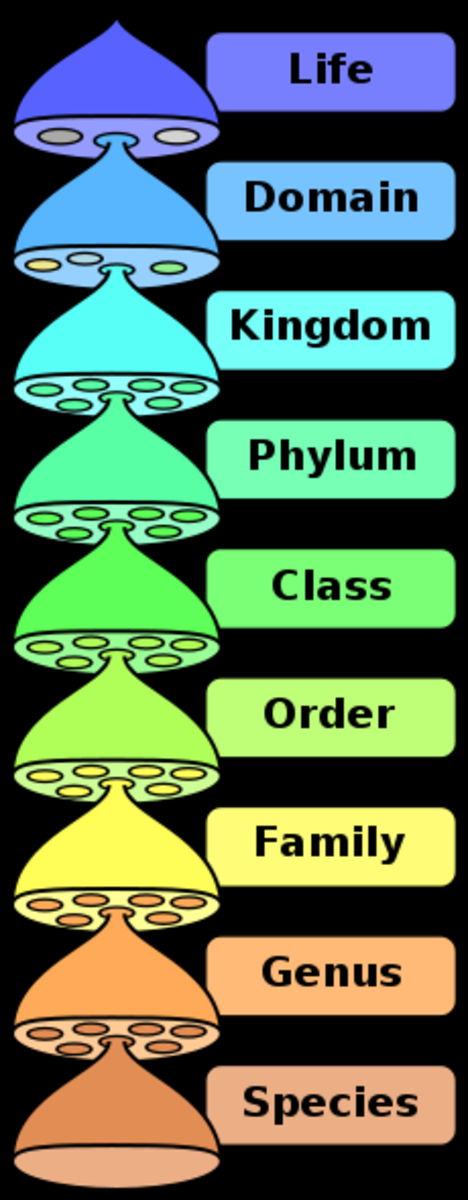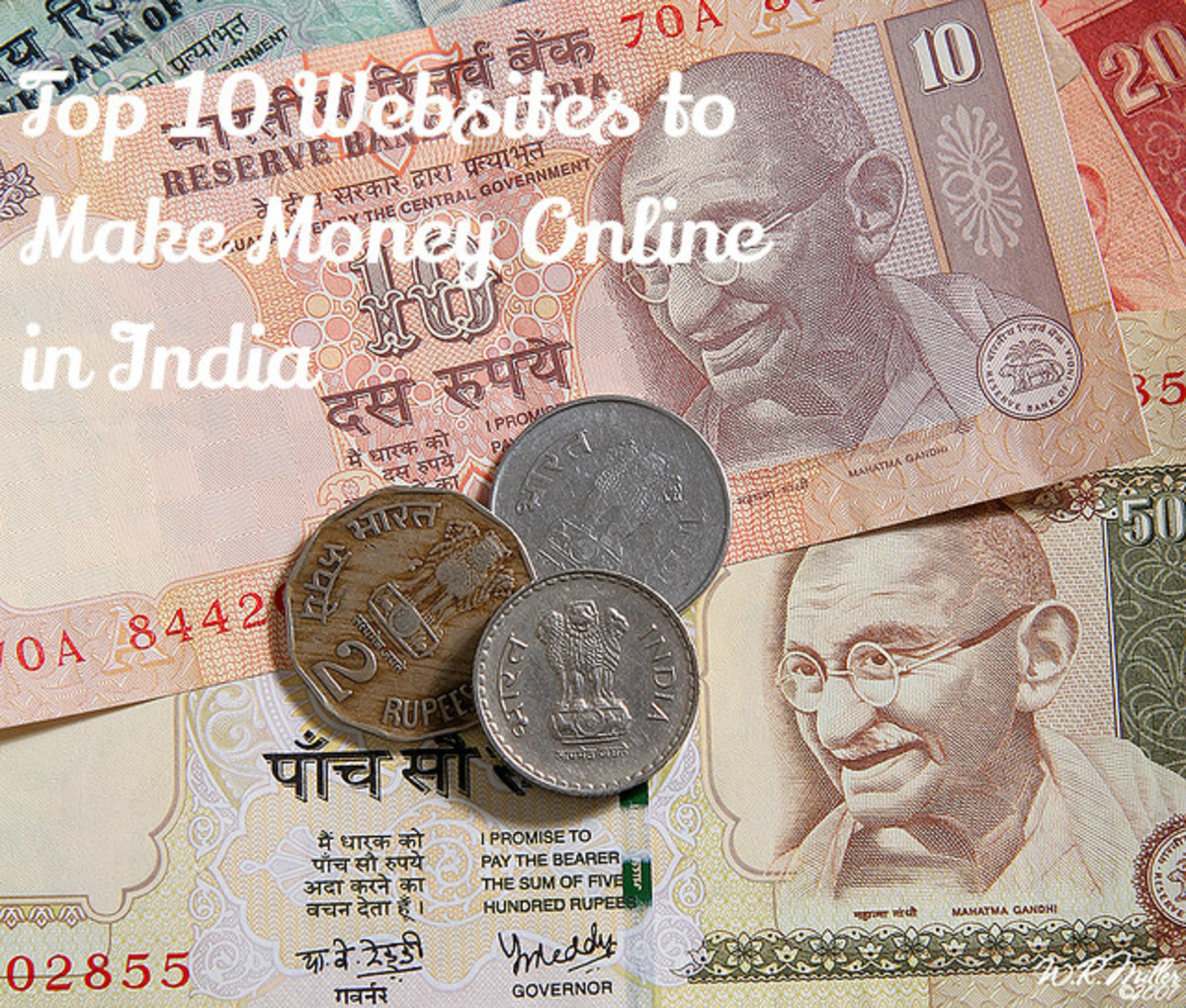How to Get Started Domaining
How to get started domaining
To learn how to get started domaining, you need to understand how you can to profit from Domaining. There are two primary ways in which you can profit from Domaining;
• Natural Traffic/type in traffic – natural traffic/type in traffic is defined as the traffic that comes from people typing in web addresses in their web browsers. It is also known as direct navigation. People commonly turn common words into domain names and type them directly into the web browser. If you own a premium keyword domain such as “loans.com” owned by Bank of America, then you get lots of free traffic. Often, people make spelling errors (typos) and either get a “page not found” result or if the misspelling is a registered domain, they visit the web page of domain different from what they were looking for. It is a good idea to research on some of these typos and register those that do not infringe on any trademark. The landing page is then monetized using a Pay Per Click (PPC) program like Adsense. A good name can bring in lots of free traffic and grow your bank account. The beauty about type in traffic is that it does not rely on search engines to bring in the traffic.
• Speculating – the other way in which you can profit from Domaining is by registering trademark free domains with potential future value. Ideal domains can be identified by observing trends and then making predictions about the future. A good example would be the use of the letter “e” and “I” preceding common words to create a new word such “e-commerce”. “E” is used to denote electronic while “I” is used to denote information. A good number of people have read these trends and effectively registered domains which eventually became very valuable. For example, in early 2008, CNN purchased “ireport.com” for a whooping $ 750, 000 from Rick Schwartz who had registered it way back in 2002 before CNN even started their popular Ireport news feature hence there was no trademark infringement. This is what happens when you can accurately predict global trends and register domains based on those trends. New words are created everyday since language is constantly evolving, it is therefore a good idea to be keen and watchful and register new words as they emerge. There are currently no unregistered single word domains of words you can find in the dictionary or common colloquialisms. A dictionary word single word domain would cost anywhere upwards of $10, 000. Thus, you can imagine the potential value if you were the first to register a recent addition to the English language.
Once you have understood how you can make money Domaining, then you can get started and you will need to follow these strategies:
• The first thing you need to do is research. You need to research extensively on keyword typo domains that have not been registered. As mentioned earlier, people make lots of typing mistakes either into a browser address bar or into a search engine. Keyword typo domains can bring in a good deal of type in traffic. Once you identify these typos register the one’s that exhibit the potential of generating high traffic. You can find out this easily by using Google. All you need to do to enter the typo as a keyword and you will get a report showing you how many times the word is searched. Any typo with more than 1, 000 searches in a month are good enough. There are quite a good number of domain typo generators being sold commercially. Google “domain typo generators” to see some results.
• One of the other things you can do is to use an application that automatically searches for domain names that meet your set criteria. These domain research tools work by searching WHOIS servers and then delivering results based on your keywords.
• You will need capital to purchase your domains and lots of capital if you are buying already registered domains so it is a good idea to look for cheap capital. There is no point maxing out your credit card to buy domains only to use the profits to pay back high interest rates. It is better to save and invest your savings, no matter how little, into domains and then using your profits to purchase more domains until you achieve some critical mass.
• You will need to open an account with a domain marketplace where you can list your domains for sale. It is good to go with a well established company with an escrow service. A well established company should be able to offer a reasonable priced domain transfer escrow service, an online auction/marketplace where you list your domain, parking services and a domain valuation service. An escrow service is mandatory because you do not want to make the mistake of selling your domain, authorizing transfer to the new owner and then waiting for payment. When searching for a domain marketplace you may find that some of the main marketplaces do not accept typos and miss-spelt domains to be listed for sale on their websites. So in such a case you may have to shop around.
• You must organize to have your domains auto-renewed. Most of the major registrars offer this service. Make sure that your credit card, PayPal account or other source of funds has extra funds for automatic renewals. You must also watch out for fraudsters who steal premium domain names from their owners by posing as genuine buyers and then getting you to unwittingly sign transfer forms. The most famous case is the Kremen Vs Cohen and Kremen Vs Network Solutions Inc. In 1995, Gary Kremen had the domain “sex.com” stolen from him by Gary Cohen using a fake transfer form addressed to the registrar, Network Solutions (Verisign). Cohen made some serious money from the domain and when sued by Kremen fled from the US to Mexico; this was after a court awarded Kremen $65 million in damages and the registrar ordered to return the domain to him. Eventually, Kremen sued the registrars and eventually they settled for $15 million. You also need to watch out for some unscrupulous domain registrars who take their time to notify you of impending expiry of your premium domain so that it may expire and they may snap it up.
• You need to find a good Pay Per Click (PPC) program to park your domains and make some money as you wait for the right buyer to come around. Adsense for domains is the best PPC program out there in terms of Ad targeting and relevance. Park your domains with Google by logging into your Adsense panel then select “Adsense for domains” and follow the instructions. You will need to change some technical information with your registrar.
• It is a good idea to form a legal business entity rather than operate as a sole proprietor. You should use an entity with limited liability status for your Domaining business.
• When registering domains, you can “taste” them first since most registrars provide a 5 day window period during which you can get a full refund if you change your mind. However, this practice is fast closing with regulators in some jurisdictions clamping down hard on this practice.
• You should also try to create traffic for your domains. If you have a number of websites, it is good to place links to your domains in these sites since it will improve the overall ranking of your site in Google and other search engines.









